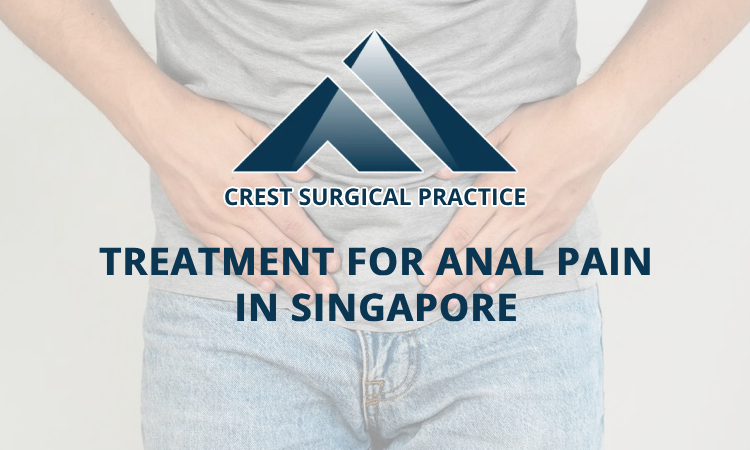Dealing with an anal fistula can be a painful and uncomfortable experience. However, with the advanced medical facilities and expert healthcare professionals available in Singapore, you can receive the optimal treatment possible. Today, we will explore the various aspects of getting the optimal treatment for anal pain in Singapore, from diagnosis to recovery.
Understanding Anal Fistulas
Before we delve into treatment options, it is essential to understand what an anal fistula is. An anal fistula is an abnormal tunnel-like connection that forms between the inside of the anal canal and the skin near the anus. It often occurs because of an untreated anal abscess, and it can cause pain, discomfort, and recurrent infections.
Diagnosis
The first step in getting the optimal treatment for an anal fistula is an accurate diagnosis. In Singapore, you can expect a thorough examination and diagnostic process. Your doctor having expertise in anal fistula surgery in Singapore may use imaging techniques such as MRI or ultrasound to determine the exact location and extent of the fistula. This information is crucial for planning the most appropriate treatment.
Treatment Options
Doctors in Singapore offer a wide range of treatment options for anal fistulas, like anal fistulectomy in Singapore. Here are some of the most common approaches:
Antibiotics
In some cases, antibiotics may be prescribed to treat the infection associated with the fistula. While antibiotics can help control the infection temporarily, they are not a permanent solution and are usually combined with other treatments.
Fistulotomy
This surgical procedure involves cutting open the fistula tract to allow it to heal from the inside out. It is effective for simple fistulas and usually results in a complete cure.
Seton placement
A seton is a piece of material, often a surgical thread or drain, that is placed through the fistula tract. This helps drain any infection and allows the fistula to heal gradually. It is often used for complex or high-risk fistulas.
LIFT procedure
The Ligation of the intersphincteric Fistula Tract (LIFT) is a minimally invasive procedure that involves tying off the internal opening of the fistula. This technique is suitable for certain types of fistulas and has a lower risk of incontinence.
Advancement flap procedure: In this procedure, a flap of tissue is created from the nearby rectal lining and used to cover the internal opening of the fistula. It is effective for more complex fistulas.
Choosing the Right Healthcare Provider
When seeking the optimal treatment for your anal fistula in Singapore, it is crucial to choose the right healthcare provider. Look for a specialist in colorectal surgery or proctology with experience in treating anal fistulas. Additionally, consider the reputation and facilities of the hospital or clinic where you will be receiving treatment.
Recovery and Aftercare
After undergoing treatment for your anal fistula, you will need to follow a specific aftercare plan. This may include dietary changes, pain management, and regular follow-up appointments to monitor your healing progress. It’s essential to follow your doctor’s instructions carefully to ensure a smooth recovery.
Suffering from an anal fistula can be distressing, but with the advanced medical facilities and experienced healthcare professionals available in Singapore, offering anal abscess surgery in Singapore you can receive the optimal treatment possible. If you are with Crest Surgical Practice, you can expect accurate diagnosis, tailored treatment options, and comprehensive aftercare. They offer a holistic approach to managing and curing anal fistulas. If you or someone you know is dealing with this condition, do not hesitate to seek help from them in Singapore by calling them at +65 6908 9800 or WhatsApp at +65 8802 1000 for the optimal possible outcome and improved quality of life. Remember that early intervention and treatment are crucial in managing anal fistulas effectively.
Content Cource From: www.thehealthblog.info

